The Healing Power of Music: Nurturing Mental Health Through Melody
In the fast-paced rhythm of our daily lives, music stands as a universal companion, offering solace, inspiration, and a pathway to emotional well-being. Beyond its role as entertainment, music possesses a profound ability to impact our mental health positively. Whether it's soothing our anxieties, lifting our spirits, or validating our deepest emotions, music serves as a therapeutic force, resonating with our inner selves in ways words often cannot.
Emotional Expression and Connection
Music acts as a medium for emotional expression, allowing individuals to articulate feelings that may be difficult to put into words. When we listen to a song that mirrors our emotions, whether joy, sadness, or nostalgia, it creates a sense of validation and understanding, reminding us that we are not alone in our experiences. This connection with music can be particularly comforting during times of loneliness or when navigating complex emotions.
Stress Reduction and Relaxation
The rhythmic patterns and melodies of music have a direct impact on our physiological responses, influencing heart rate, blood pressure, and stress hormone levels. Listening to calming music can induce relaxation, reducing the symptoms of stress and anxiety. Whether it's classical compositions, ambient sounds, or our favorite tunes from childhood, music has the power to create a serene environment and promote a sense of tranquility amidst life's chaos.
Mood Enhancement and Motivation
Have you ever noticed how a lively tune can instantly uplift your spirits or a power ballad can fuel your determination? Music has the ability to alter our mood, triggering the release of dopamine—the brain's "feel-good" chemical. Engaging with music that resonates positively can boost our energy levels, enhance motivation, and provide a soundtrack for achieving personal goals. Whether it's through dancing, singing along, or simply tapping our feet, music infuses vitality into our daily routines.
Coping Mechanism and Resilience
During challenging times, music serves as a powerful coping mechanism, offering a sense of solace and empowerment. Creating music, whether through playing instruments or composing lyrics, provides an outlet for processing emotions and fostering resilience. For many, music becomes a sanctuary—a space where they can confront their fears, celebrate their triumphs, and navigate the complexities of life with greater resilience.
Community and Connection
Beyond its individual benefits, music fosters a sense of community and social connection. From attending concerts and music festivals to participating in choir rehearsals or jam sessions, sharing musical experiences strengthens bonds and cultivates a sense of belonging. In a world often marked by division, music transcends cultural barriers, bringing people together through shared melodies and harmonies.
Conclusion
In essence, music is not merely a form of entertainment but a fundamental aspect of human experience that profoundly impacts our mental health and well-being. Whether as a listener, creator, or participant, embracing music allows us to harness its therapeutic potential and enrich our lives. As we navigate the complexities of modern existence, let us recognize and celebrate the healing power of music—the universal language that speaks directly to our hearts and minds.
Through melody and rhythm, may we continue to find solace, inspiration, and resilience on our journey toward mental and emotional well-being.
